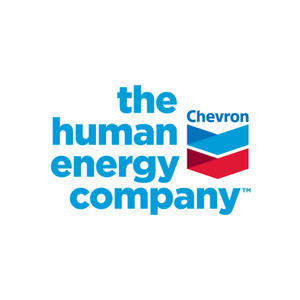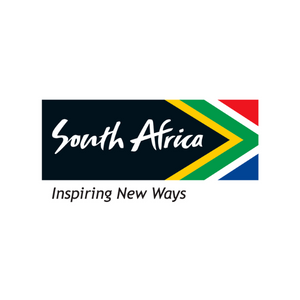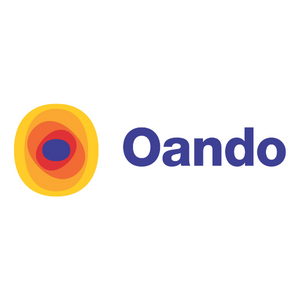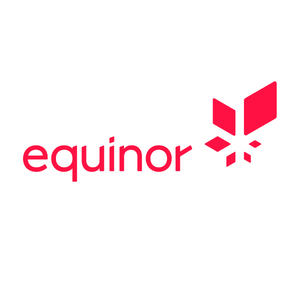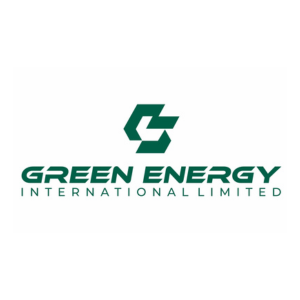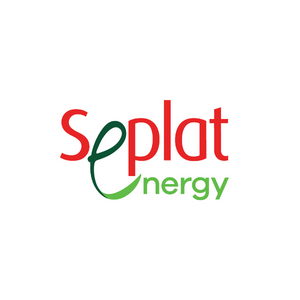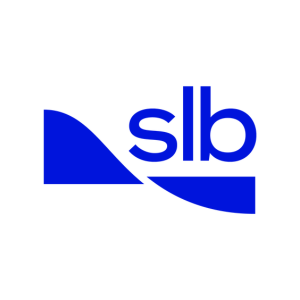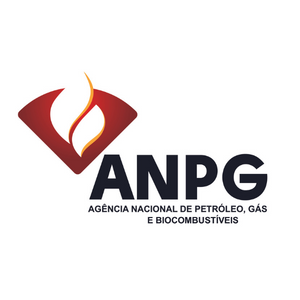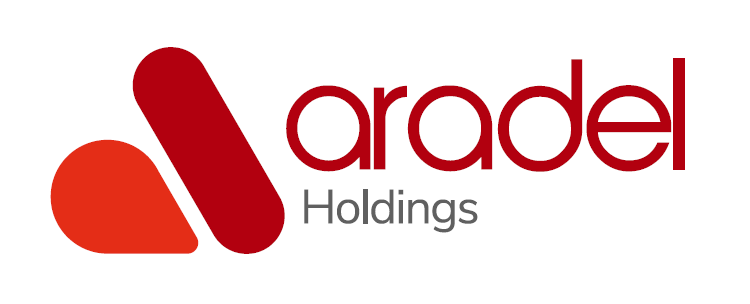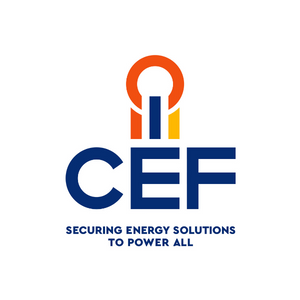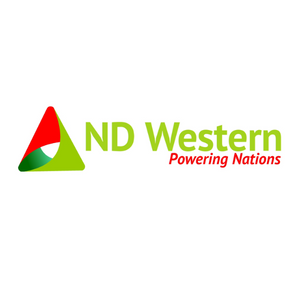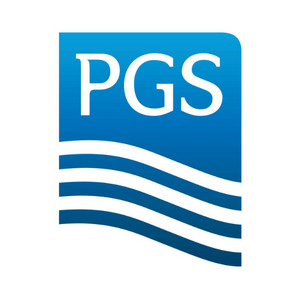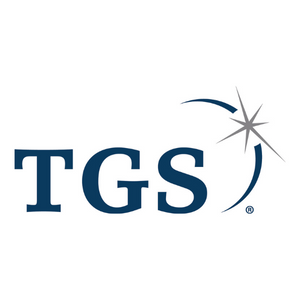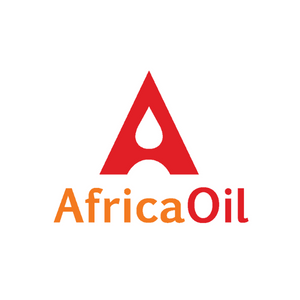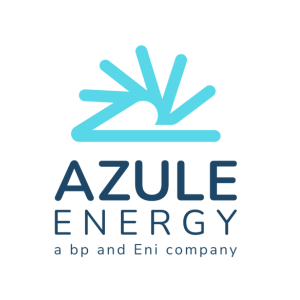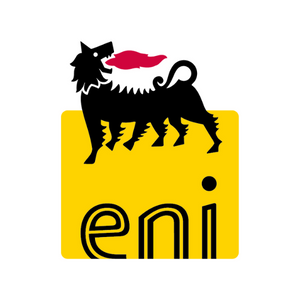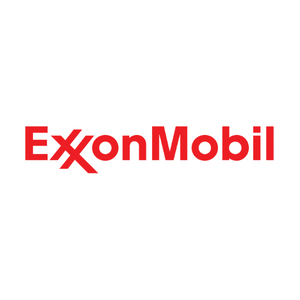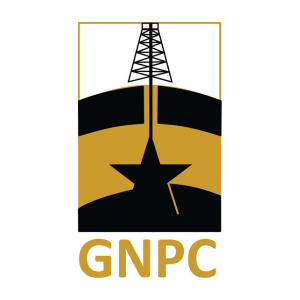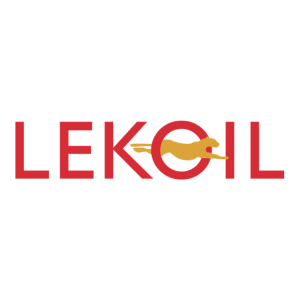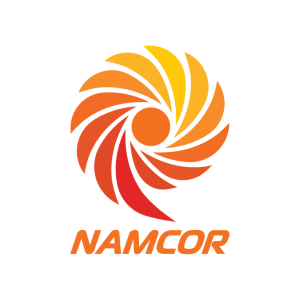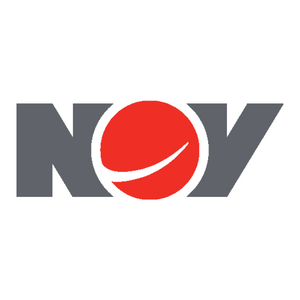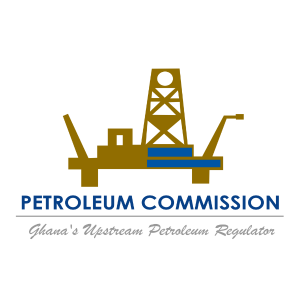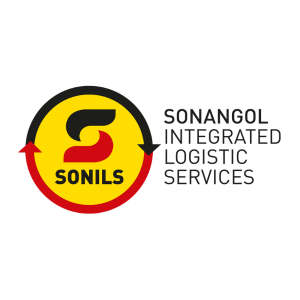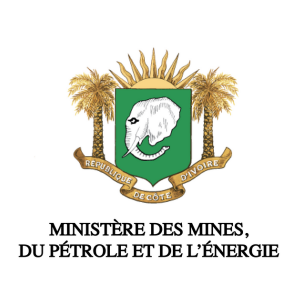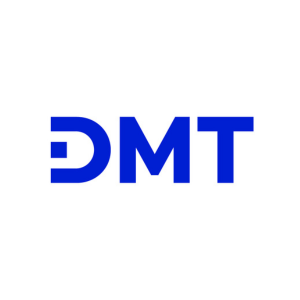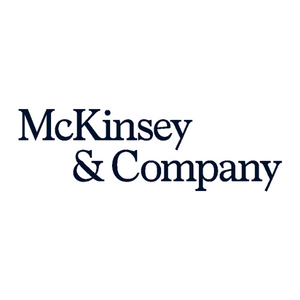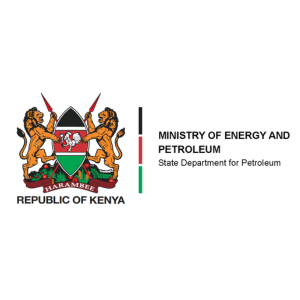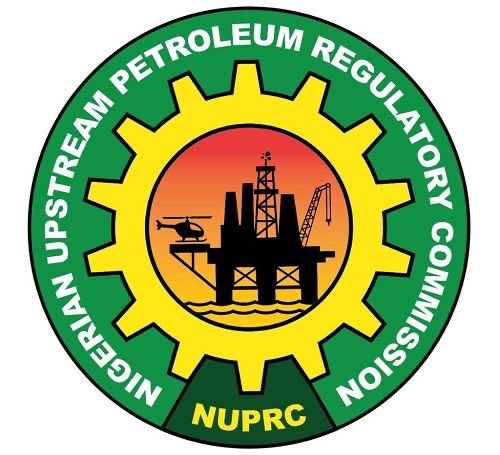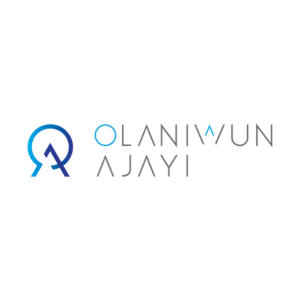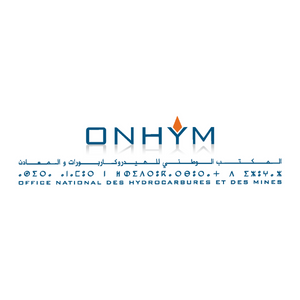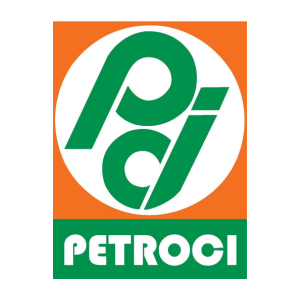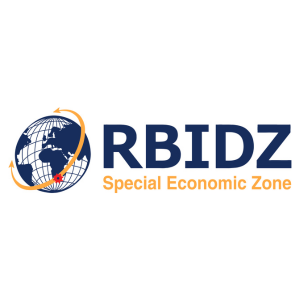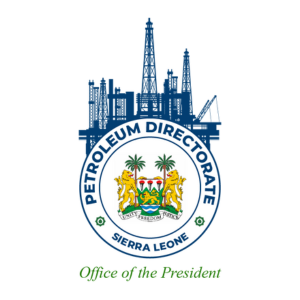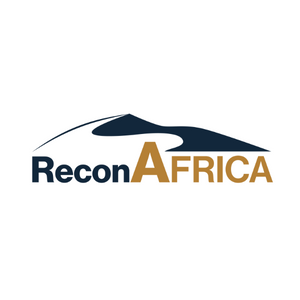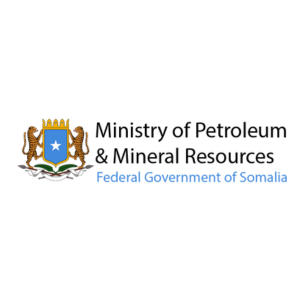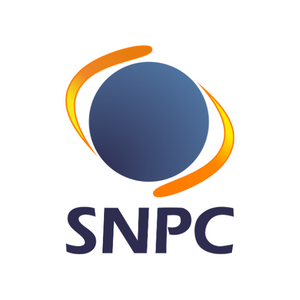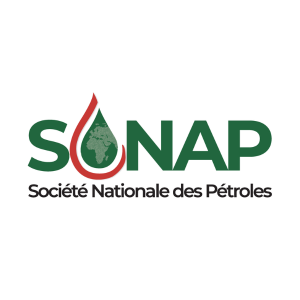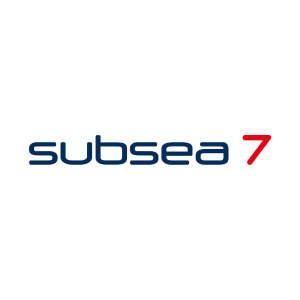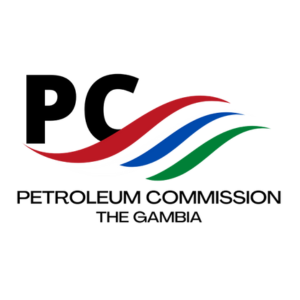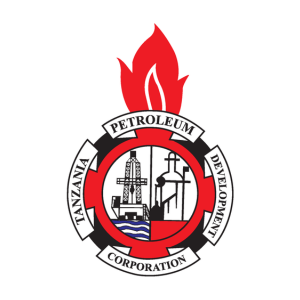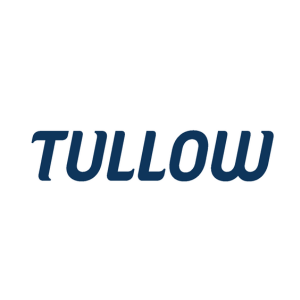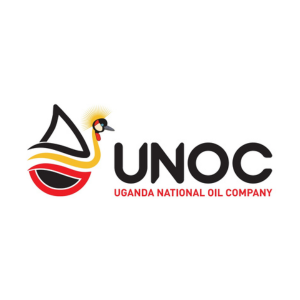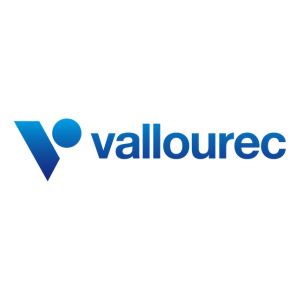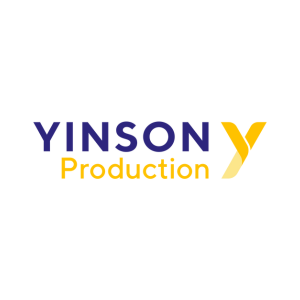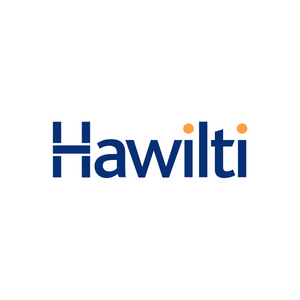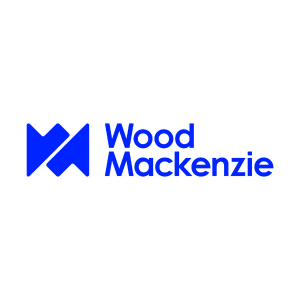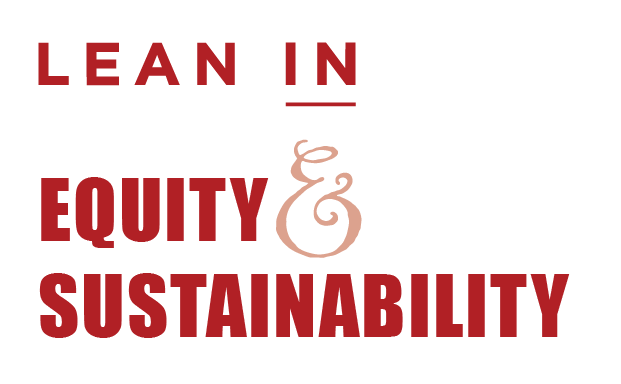In the lead-up to Africa Oil Week 2017, we have teamed up with Menas Associates to take a look at 10 of Africa’s most promising markets for upstream investment – starting with Côte d’Ivoire.
In the lead-up to Africa Oil Week 2017, we have teamed up with Menas Associates to take a look at 10 of Africa’s most promising markets for upstream investment – starting with Côte d’Ivoire.
The upstream sector in Côte d’Ivoire could be described as modest, growing and full of potential, with proven oil reserves of 100m barrels and gas reserves of 1.0 Tcf. Although the country is better known for its downstream sector the development of its upstream could enable Côte d’Ivoire to become a medium-sized offshore oil producer. In July 2016, state-owned Petroci reported that the country plans to nearly double oil production by 2020, to 200,000 b/d, seeking to attract IOCs to its offshore oil sector.
Offshore oil was first discovered in 1977 and production started three years later. Approximately 86% of the country’s oil and gas wells are situated in shallow marine areas, 7% in deep water, and the remaining 7% onshore. Espoir became the country’s first product field in 1980 and was operated by Canadian Natural Resources (CNR). After Ghana’s discovery of two large offshore gas fields near the maritime border — Jubilee and the Tweneboa, Enyenra, Ntomme (TEN) field — there was increased interest from the IOCs on Côte d’Ivoire’s adjacent blocks. Abidjan claimed that the TEN field was partially in its waters and took the case to the International Tribunal for the Law of the Sea, but lost the case.
Following a few discoveries and investments that have happened in quite quick succession, some industry observers claim that the country is on the cusp of deeper-water commercial success.
Despite the optimistic outlook, IOCs are still wary of tying up funds in expensive deepwater frontier exploration in a country that has only recently come out of a long period of political instability. From the armed rebellion in 2002 through to the end of the civil war in April 2011, Côte d’Ivoire was unstable and led to a slowdown in oil sector investment. The knock on effect of this has been an ageing infrastructure and long-term decline in production, but investment is increasing steadily and the political and security outlook is beginning to change for the better. The presidential election in October 2015 led to a smooth re-election of the incumbent President Alassane Ouattara for a second five-year term, allowing the country to finally turn the page on the violence that caused so much damage in the 2010 election.
Another positive note is that the country’s Petroleum Code caters for several types of Petroleum Contracts and offers incentives, for example:
>> concession agreements attached to exploration permits or exploitation concessions
>> production sharing agreements (PSAs)
>> other agreements such as risk services contracts (Services Contracts)
>> additional investment credits are offered for exploration in deep and ultra-deep waters
>> many blocks have been delineated and are now open for negotiation.
The upstream sector in Côte d’Ivoire could be described as modest, growing and full of potential, with proven oil reserves of 100m barrels and gas reserves of 1.0 Tcf. Although the country is better known for its downstream sector the development of its upstream could enable Côte d’Ivoire to become a medium-sized offshore oil producer. In July 2016, state-owned Petroci reported that the country plans to nearly double oil production by 2020, to 200,000 b/d, seeking to attract IOCs to its offshore oil sector.
Offshore oil was first discovered in 1977 and production started three years later. Approximately 86% of the country’s oil and gas wells are situated in shallow marine areas, 7% in deep water, and the remaining 7% onshore. Espoir became the country’s first product field in 1980 and was operated by Canadian Natural Resources (CNR). After Ghana’s discovery of two large offshore gas fields near the maritime border — Jubilee and the Tweneboa, Enyenra, Ntomme (TEN) field — there was increased interest from the IOCs on Côte d’Ivoire’s adjacent blocks. Abidjan claimed that the TEN field was partially in its waters and took the case to the International Tribunal for the Law of the Sea, but lost the case.
Following a few discoveries and investments that have happened in quite quick succession, some industry observers claim that the country is on the cusp of deeper-water commercial success.
Despite the optimistic outlook, IOCs are still wary of tying up funds in expensive deepwater frontier exploration in a country that has only recently come out of a long period of political instability. From the armed rebellion in 2002 through to the end of the civil war in April 2011, Côte d’Ivoire was unstable and led to a slowdown in oil sector investment. The knock on effect of this has been an ageing infrastructure and long-term decline in production, but investment is increasing steadily and the political and security outlook is beginning to change for the better. The presidential election in October 2015 led to a smooth re-election of the incumbent President Alassane Ouattara for a second five-year term, allowing the country to finally turn the page on the violence that caused so much damage in the 2010 election.
Another positive note is that the country’s Petroleum Code caters for several types of Petroleum Contracts and offers incentives, for example:
>> concession agreements attached to exploration permits or exploitation concessions
>> production sharing agreements (PSAs)
>> other agreements such as risk services contracts (Services Contracts)
>> additional investment credits are offered for exploration in deep and ultra-deep waters
>> many blocks have been delineated and are now open for negotiation.

